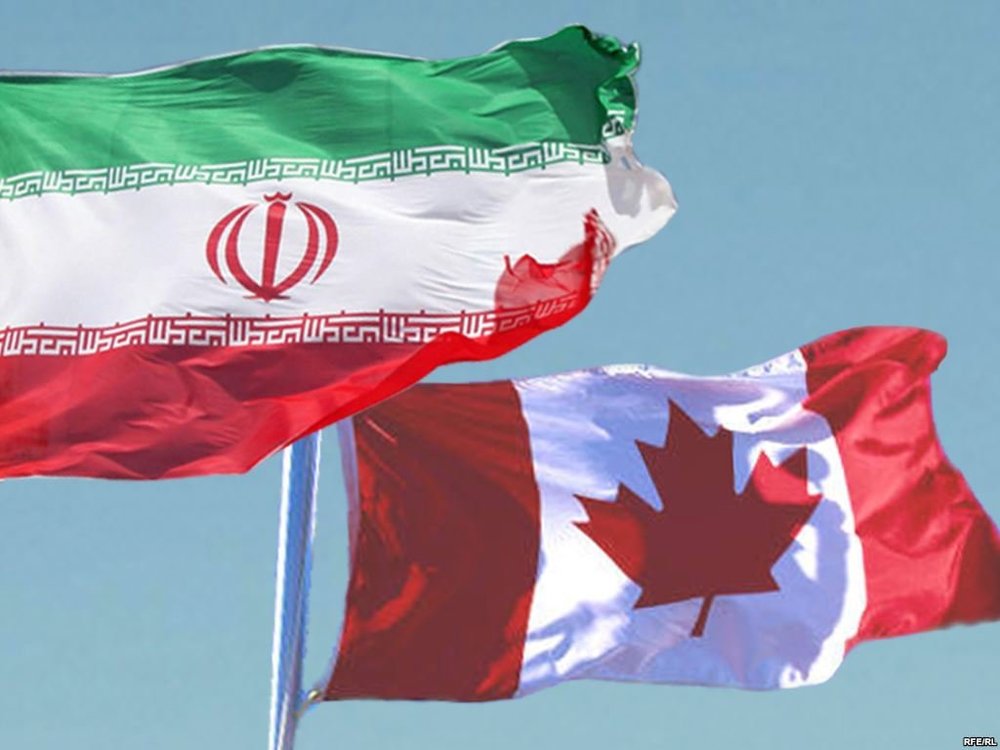Tehran, Toronto on contradictory path, $13m ruling jars on nerves

TEHRAN – When almost four years ago, Foreign Minister John Baird of Canada announced in Moscow its government was recalling its diplomatic corps in Tehran, everybody would like to think it was all water under the bridge almost four years after.
While it was not transparent what drove the surprise move, Baird’s statement stressed that the Iranian government “has shown blatant disregard for the Vienna Convention and its guarantee of protection for diplomatic personnel."
The comment was a veiled reference to the 2011 storming of the British Embassy in Tehran by protestors following a deterioration of diplomatic ties between Tehran and London.
Prior to the 2012 political deadlock, Tehran and Toronto were at loggerheads in 2003 over the death of Zahra Kazemi, an Iranian-Canadian freelance photographer.
Canadian officials claimed she had been tortured and killed by Iranian interrogators, while Iranians said it was accidental, dismissing the claims.
The ruling comes amid attempts by Canadian Prime Minister Justin Trudeau's Liberal government to fulfill one of its campaign vows to resume diplomatic ties with Iran.
Canadian Foreign Minister Stephane Dion said on Friday that Iran and Canada have started talks at official level on renewing ties.
“Talks have started, yes, at the official level,” Dion told CBS News, adding, “…the usual way by which countries who want to recreate links proceed, is step by step, at the official level in neutral territory.”
One major reason for Toronto’s change of tack is the nuclear deal which Tehran forged with global powers in July 2015, resulting in removal of economic sanctions against the country in exchange for accepting restraints on its nuclear program.
However, while the two countries were making overtures to each other, the two recent developments seem to make the mission daunting and even futile.
Last week, Homa Hoodfar, a Canadian-Iranian professor researching women in Islam, was arrested by Iranian intelligence officers. Nothing has been revealed about motives of the arrest or possible allegations made against her.
One more challenge is that an Ontario judge who ordered the Islamic republic’s non-diplomatic assets in Canada to be handed over to victims of terrorist groups sponsored by Tehran.
The $13m seizure is the first enactment of the Justice for Victims of Terror Act which was passed in 2012, allowing victims to collect damages from state sponsors of terror groups. Canada has designated Iran and Syria state sponsors of terrorism.
The verdict has come in for a lot of flak from the Iranian side.
"The move by the Canadian government contradicts claims about the normalization of relations between the two countries and compensation for the extremist policies of the country's former government," Iranian Foreign Ministry Spokesman Hossein Jaberi Ansari said on Saturday.
He further noted "Canada's Ontario Superior Court of Justice has issued a political ruling based on groundless allegations about Iran's so-called support for terrorist groups.”
With these two obstacles looming large, the prospective of a quick resumption of ties does look dim and distant.
If the two countries want reconciliation, they need to understand that mutual respect and trust is the starting point. Otherwise, any attempt to resume ties will be doomed to failure.
AK/HA
